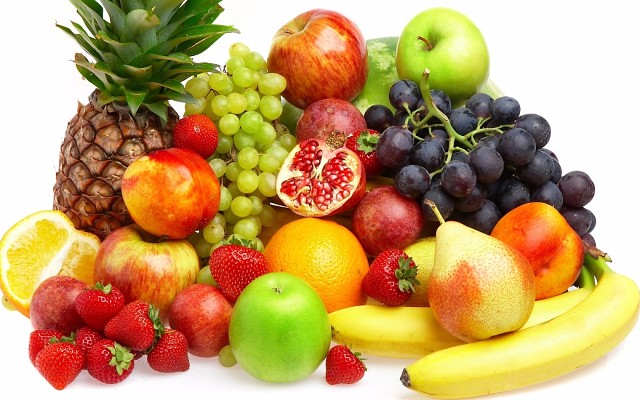SHARE WITH FRIENDS:
The genus of citrus fruits (Citrus.L) includes lemons, oranges, mandarins, grapefruits and others. These are evergreen trees or shrubs. This bush grows all year round, so a single plant can have twigs, buds, flowers and fruits that grow on the same plant. This is especially true of lemons. The leaves live from 15 months to 3-4 years, but are constantly changing.
Homeland of citrus fruits is Southeast Asia. They are distributed in China, Japan, India, Pakistan, Israel, Egypt, Spain, Italy, Greece, France, the southern part of the United States, Mexico, Brazil, Africa and other countries. Here the height of the tree is 7 m. reaches. The leaves are thick and covered with many glands that contain essential oil. Citrus plants belong to the group of mycorrhizal plants.

Notification: cvv dumps shop
Notification: Xnxx Novinho Na Cam Seper Sexo
Notification: KWAVE
Notification: S wl̆xt wx leth
Notification: ful
Notification: quick money
Notification: s̄incheụ̄̀xc̄hondthī̀din pheụ̄̀xnthæ̂
Notification: good carding forum
Notification: ngeind̀wnxxnlịn̒ khonk̄hêābạiỵchī
Notification: uk casual dating
Notification: Dark Net Marketplaces
Notification: credit card dumps track 2
Notification: Sbobet
Notification: mobile tape hair extensions welwyn garden city
Notification: Best Psychedelic Store Perth
Notification: tolenteu saiteu
Notification: dk7.com